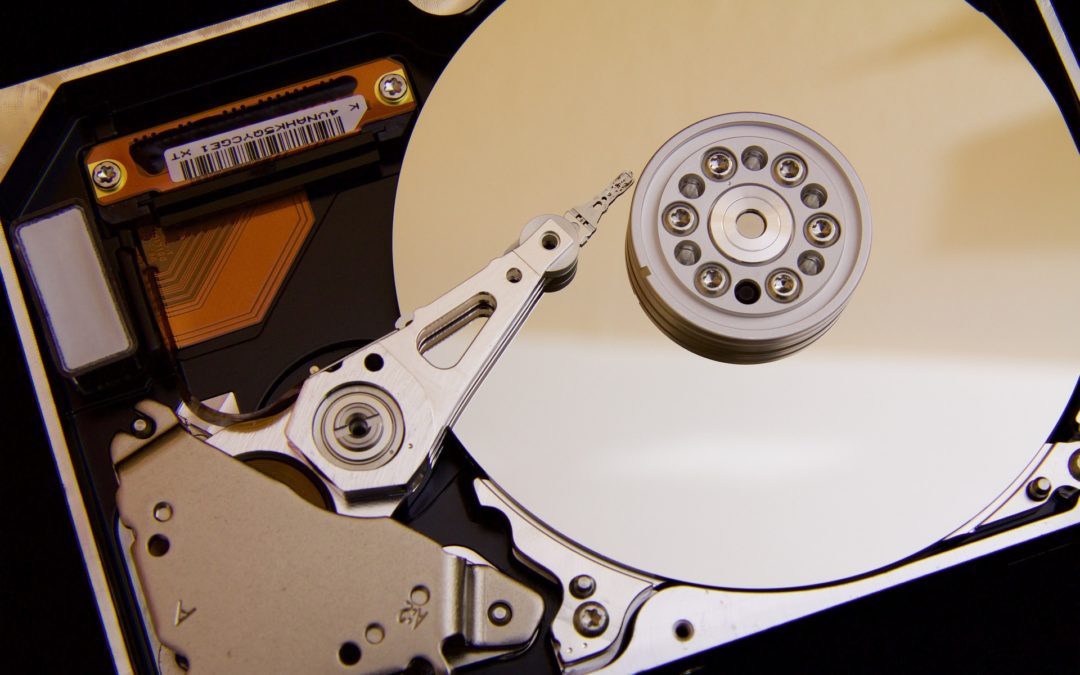Cyber security is a hot button topic at the moment, with new hacking scandals and reports of high profile data breaches breaking every month. For large companies, they have team of people dedicated to ensuring their data is safe and their IT infrastructure is secure. Sadly, it’s not as high tech for the average end user, so we often need to take security into our own hands. During the lifetime of our machines most of us are very careful about protecting our personal information. But when they reach the end of their lives, we either sell them or just throw them away. Have you ever wondered what happens to all of that data left on your machine, even if you deleted the files?
Residual Data
When it comes time to sell your computer you need to do more than just delete the files and hand it over. Research has shown that even the most basic of software can retrieve residual data from hard drives without much effort. A study conducted by MIT in 2003 took 258 used hard drives bough on eBay, 60% of which were advertised as being ‘completely reformatted’ and subjected them to basic forensic software programmes. Using this very basic software they were able to recover over 5,000 credit card numbers, medical records and other pieces of highly personal information that could easily be used to steal money or the identities of the hard drive owners. Popular consumer magazine Which? also conducted a similar survey, recovering 22,000 ‘deleted’ files from 8 computers, again all bought used on eBay. Today criminals will often source used computers in the hope of scraping residual data from them to use for their own purposes. The reason deleting files doesn’t clear the data lies in the way hard drives store information. An index file on the hard drive, written by the processor, stores and updates a listing of where on the hard drive each file is located. When you ‘delete’ a file the index is removed, but the file itself remains. The programmes used in the research above scrape the hard drive to recover that data, which can be as detailed as your browser history. In short, deleting data just doesn’t cut it.
Avoiding Data Theft
Rather than hoarding all of your old computers for fear that selling them will result in identity theft, there is a simpler way of selling your outdated machines without the risk. Instead of just selling the computer ‘as it’, the best option is to physically remove the hard drive from the machine before you sell it. For desktop computers this is a quick and easy process, whereas for laptops it is a bit more labour intensive. The hard drive is the section within the machine where all of your data is stored, so removing the hard drive permanently removes the data from that machine. You can now sell that computer safe in the knowledge that it is completely clear of your data. All of your information is sitting in a small box in your hands, ready to be shredded to ensure no data can ever be collected from it.
It Doesn’t Require A Magnet…
A popular misconception is that if you expose your hard drive to enough magnetism, you will wipe the data from it. It’s the same principle as the magnetic strip on your credit cards, but on a bigger scale. If you’ve ever watched the hit TV series Breaking Bad, then you will know from this iconic scene (viewer discretion is advised) that it is indeed possible to destroy the contents of a hard drive with a magnet. However, that magnet would need a pull force of at least 450lb in order to have any effect on even the most basic hard drive, and this will have rather catastrophic consequences for everything around it. You are much better off removing the hard drive and watching it go through a shredder (a very satisfying process) instead of trying your luck with a powerful magnet.
For more information on hard drive security, or to enquire about our secure hard drive destruction solutions, get in touch today for your free consultation.


Recent Comments